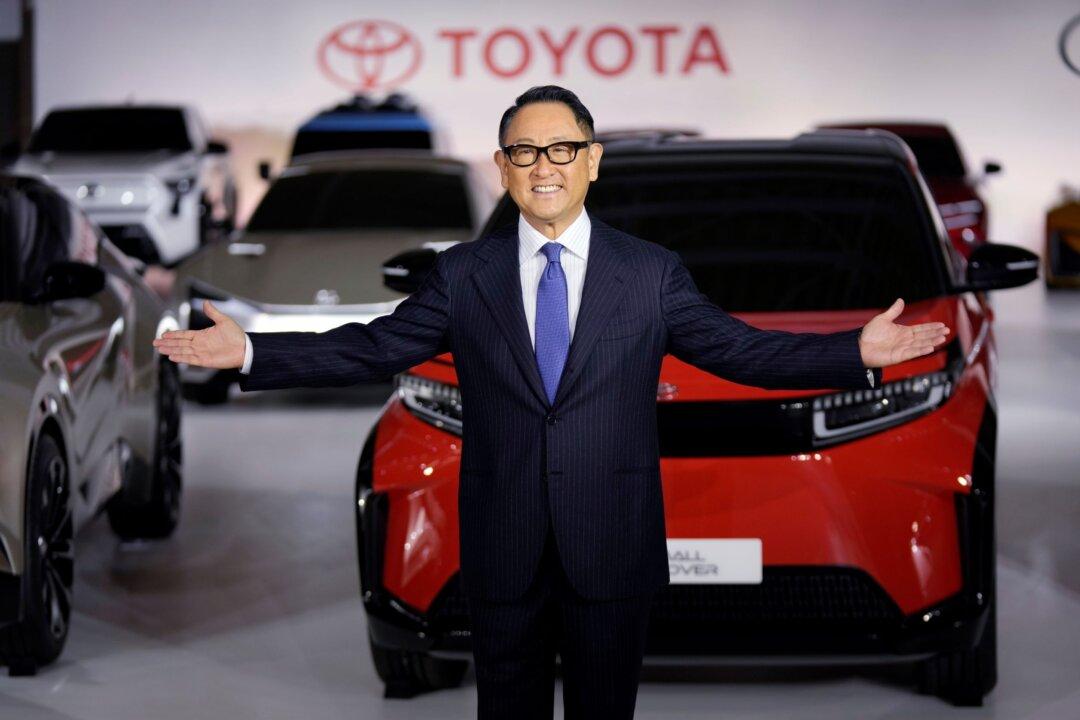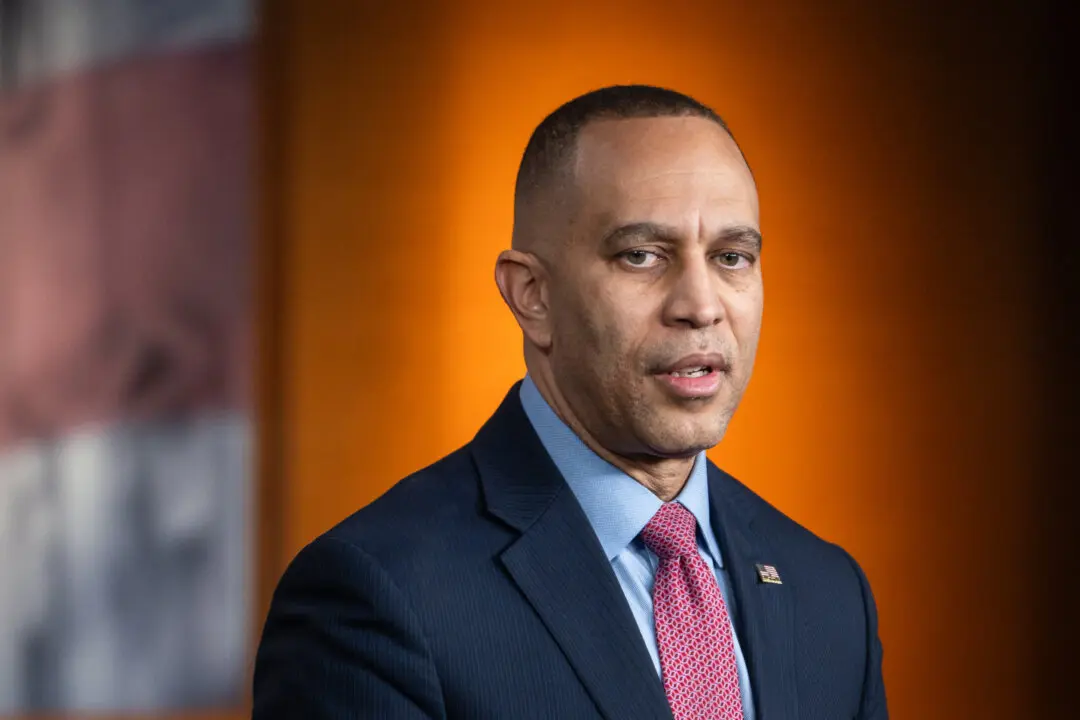California’s plans to ban the sales of gasoline-powered vehicles by 2035 is “difficult” to achieve as it may take longer for battery-electric cars (BEVs) to become mainstream, Toyota’s President Akio Toyoda said.
Toyoda said that BEVs will “take longer to become mainstream than the media would like us to believe,” citing its impact on the electrical grid and the lack of easy access to electricity as barriers to its adoption.





